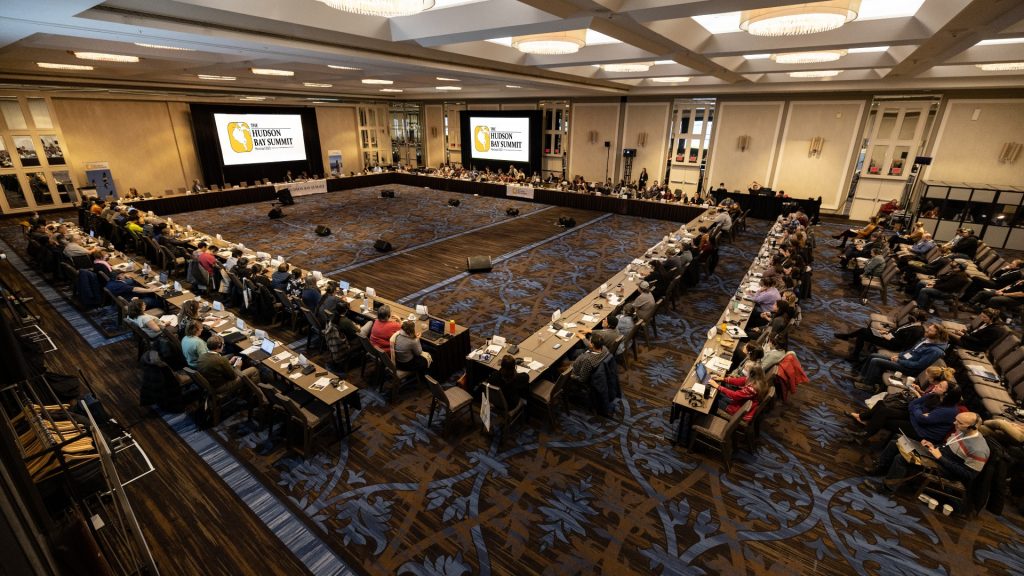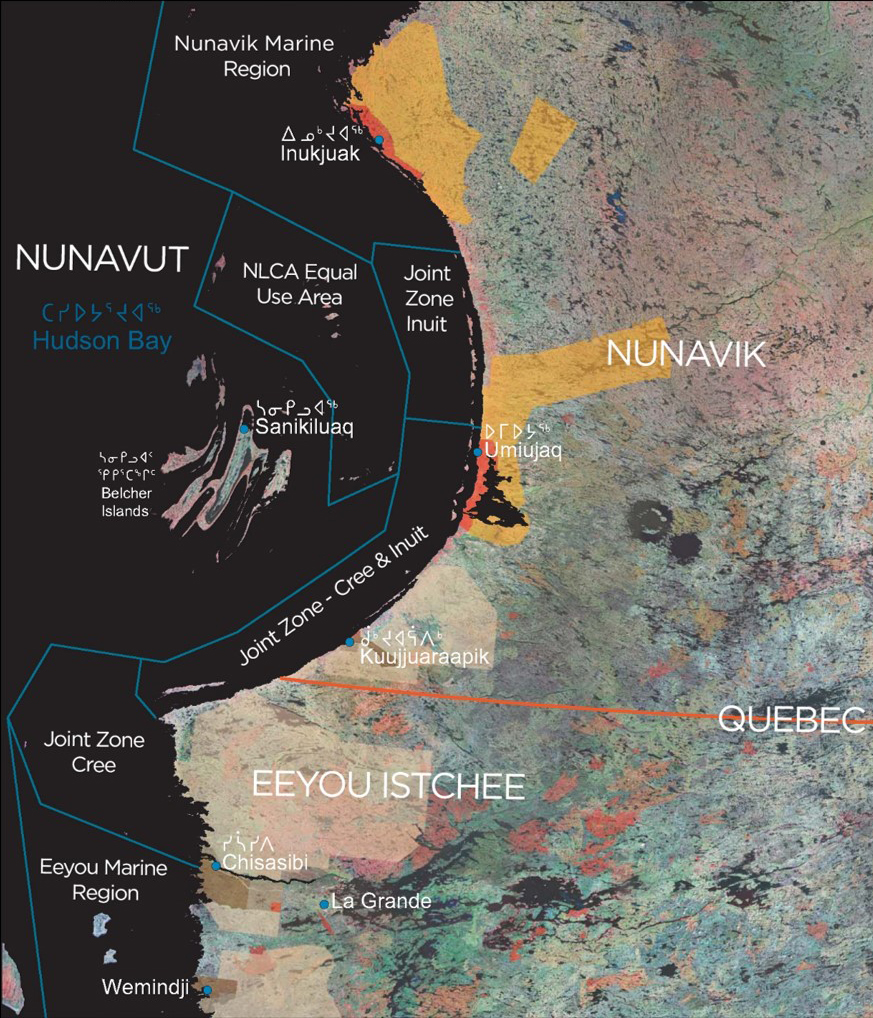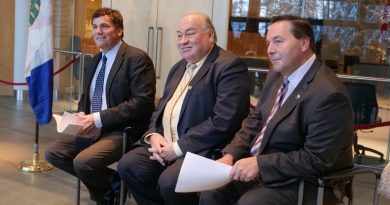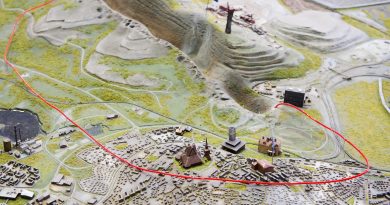Summit tackles environmental protection in Canada’s Hudson Bay region

The event was put on by the Hudson Bay Consortium Secretariat.
“[This] has been about moving from priorities to actions, and building forward in as innovative ways as possible,” Ryan Barry, the secretariat’s chair, told Eye on the Arctic in a phone interview.
The Hudson Bay Consortium is made up of Indigenous organizations, communities and different levels of government.
It was created after years of recognition that the intra-jurisdictional nature of the region complicated things like research and environmental protection.
‘Animals, water don’t care about lines on the map’
The eastern Arctic territory of Nunavut along with the provinces of Manitoba, Ontario, Quebec all have territory in the Hudson Bay region. The area also includes the Nunavut Marine Region, Nunavik Marine Regions, Eeyou Marine Region land claims agreements along with different federal jurisdictions.
Throughout the conference, it was hammered home the importance of respecting the different regional authorities, while at the same time recognizing that when it comes to the environment, animals and wildlife move from place to place with little concern for jurisdictional demarcations, something that necessitates a region-wide approach and overview.
“The animals and the water don’t care about the lines on the map, and how do we treat the place as a whole?” Joel Heath, executive director of the Arctic Eider Society and former chair of the Hudson Bay Summit, said in a video of the summit’s opening presentation, posted on the secretariat’s website.
“Going from that colonial approach where some people just like a colouring book to colour the lines, but then respecting that there’s been these land claims and those were really hard fought, and the rights that came with those are very important to respect around the table, but still to have a space where we can work outside the lines, colour outside the lines, know what our neighbours are doing, so we can all do our jobs better.”

The first Hudson Bay Summit was held in 2018.
Barry says that since the 2018 meeting, progress has been in everything from protected areas like Arqvilliit [also known as the Ottawa Islands] to increased community-driven research projects.
“We’ve often heard from communities about researchers coming up, doing their research, than taking it away to publish in a scientific journal,” Barry said.
“We’re seeing that change. Communities are now designing, implementing their own research, and it’s all supported by the knowledge of the land users who are more effective, economical and are providing results for the communities.”
Prioritizing local knowledge
Lucassie Arragutainaq, current co-chair of the Hudson Bay Summit and manager of the Sanikiluaq Hunters and Trappers Association, said the richness and value of Indigenous local knowledge is increasingly being acknowledged by wider Canadian society.
“Cree, Inuit we can have wildlife management, any kind of management we’ve been carrying out for thousands of years, but that was not understood, we had to document it so people outside could understand it,” Arragutainaq said in the opening presentation.
The Hudson Bay Summit took place in Montreal, Nov. 29 to Dec 1.
The summits take place every four to five years, with smaller meetings held in the interim.
Write to Eilís Quinn at eilis.quinn(at)cbc.ca
Related stories from around the North:
Canada: Tarquti Energy, Hydro-Quebec deal important step towards green energy for Nunavik, Inuit leaders say, Eye on the Arctic
Finland: Sami Parliament in Finland publishes digital guide for responsible tourism in Lapland, Yle News
Norway: Can cross-border cooperation help decolonize Sami-language education, Eye on the Arctic
Russia: Large areas of Arctic seabed damaged by trawlers, The Independent Barents Observer
Sweden: Land use rules getting hindering climate adaptation efforts in Swedish municipalities, Radio Sweden



